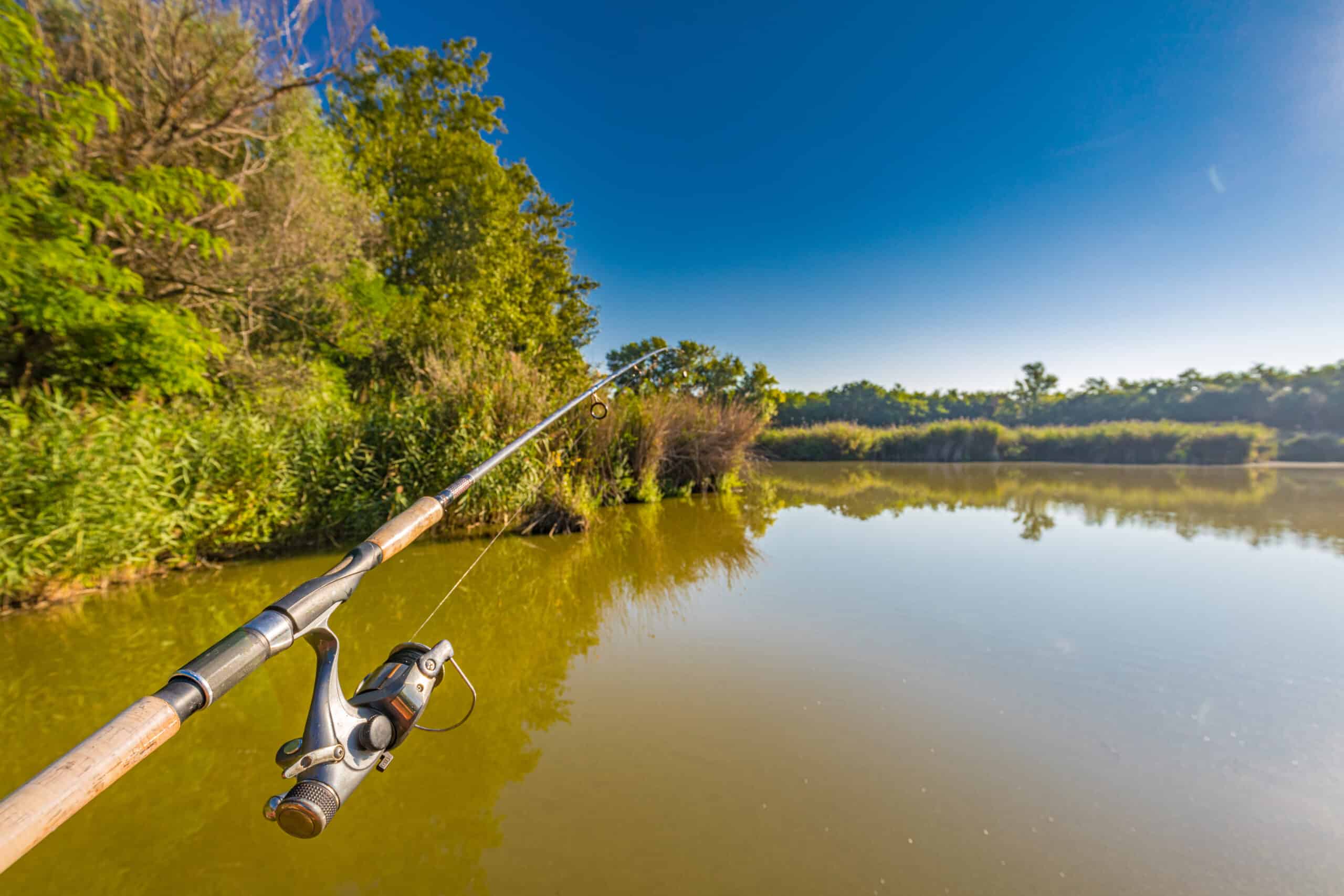What Bait is Illegal for Fishing in Texas?
Key Takeaways
- Using game fish or parts of game fish as bait is illegal in Texas.
- Live fish and bait cannot be transported from one water body to another, except for commercially purchased live bait accompanied by a receipt.
- Only native shrimp from the Gulf of Mexico are allowed for use as bait in Texas waters.
When it comes to fishing in Texas, understanding the rules and regulations regarding bait is crucial. The Texas Parks and Wildlife Department (TPWD) has specific guidelines in place to ensure the preservation of fish populations and habitats. In this article, we will explore the types of bait that are illegal for fishing in Texas, as well as the regulations surrounding their use.
Prohibited Use of Game Fish as Bait
One important regulation to note is that it is unlawful to use any game fish or part of a game fish as bait in Texas. Game fish include popular species such as bass, trout, and catfish. This rule is in place to protect game fish populations and prevent the spread of diseases and parasites.
Transportation of Live Fish and Bait
In addition to the prohibition on using game fish as bait, there are regulations regarding the transportation of live fish and bait in Texas. Live fish, including personally caught live bait, cannot be transported from the water body where they were caught. This means that if you catch live fish or bait in a particular lake or river, you cannot take them to another water body for fishing purposes.
However, there is an exception for commercially purchased live bait. If you buy live bait from a licensed bait dealer, you are allowed to transport and use it while fishing from a vessel. It’s important to retain the receipt from the bait dealer, as it should identify the source of the bait.
Regulation of Shrimp as Bait
Another aspect of bait regulation in Texas pertains to the use of shrimp. Only native shrimp from the Gulf of Mexico are allowed for use as bait in Texas waters. This restriction aims to protect the local ecosystem and prevent the introduction of non-native species.
Conclusion
To summarize, using game fish or parts of game fish as bait is illegal in Texas. Additionally, live fish and bait cannot be transported from one water body to another, with the exception of commercially purchased live bait accompanied by a receipt. Native shrimp from the Gulf of Mexico are the only shrimp allowed for use as bait in Texas waters. By adhering to these regulations, anglers can contribute to the conservation efforts of the state and ensure sustainable fishing practices.
Related Websites:
FAQs:
Q: What types of bait are legal for fishing in Texas?
In Texas, there are various legal bait options for fishing. Some commonly used and legal choices include worms, crickets, artificial lures, and cut bait. It is important to familiarize yourself with the specific regulations in your area to ensure compliance.
Q: What happens if I use illegal bait for fishing in Texas?
Using illegal bait in Texas can result in fines or other penalties. It is crucial to abide by fishing regulations to promote responsible angling and protect fish populations.
Q: Why is it important to use legal fishing bait in Texas?
Using legal fishing bait in Texas ensures compliance with fishing regulations, which are in place to protect fish populations. By using legal bait, you contribute to the preservation of aquatic ecosystems and promote environmental sustainability.
Q: What are some alternatives to illegal fishing bait in Texas?
Instead of using illegal bait, you can consider using legal alternatives. Effective and legal bait options in Texas include artificial lures, worms, crickets, and cut bait. These alternatives are not only effective for fishing but also comply with fishing regulations.
Q: How can I ensure I am using legal fishing bait?
To ensure you are using legal fishing bait, it is important to familiarize yourself with the fishing regulations in your specific area. You can consult local fishing authorities, read official guidelines, or contact a local tackle shop for up-to-date information on legal bait options.






